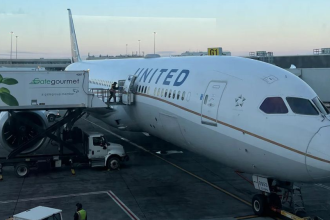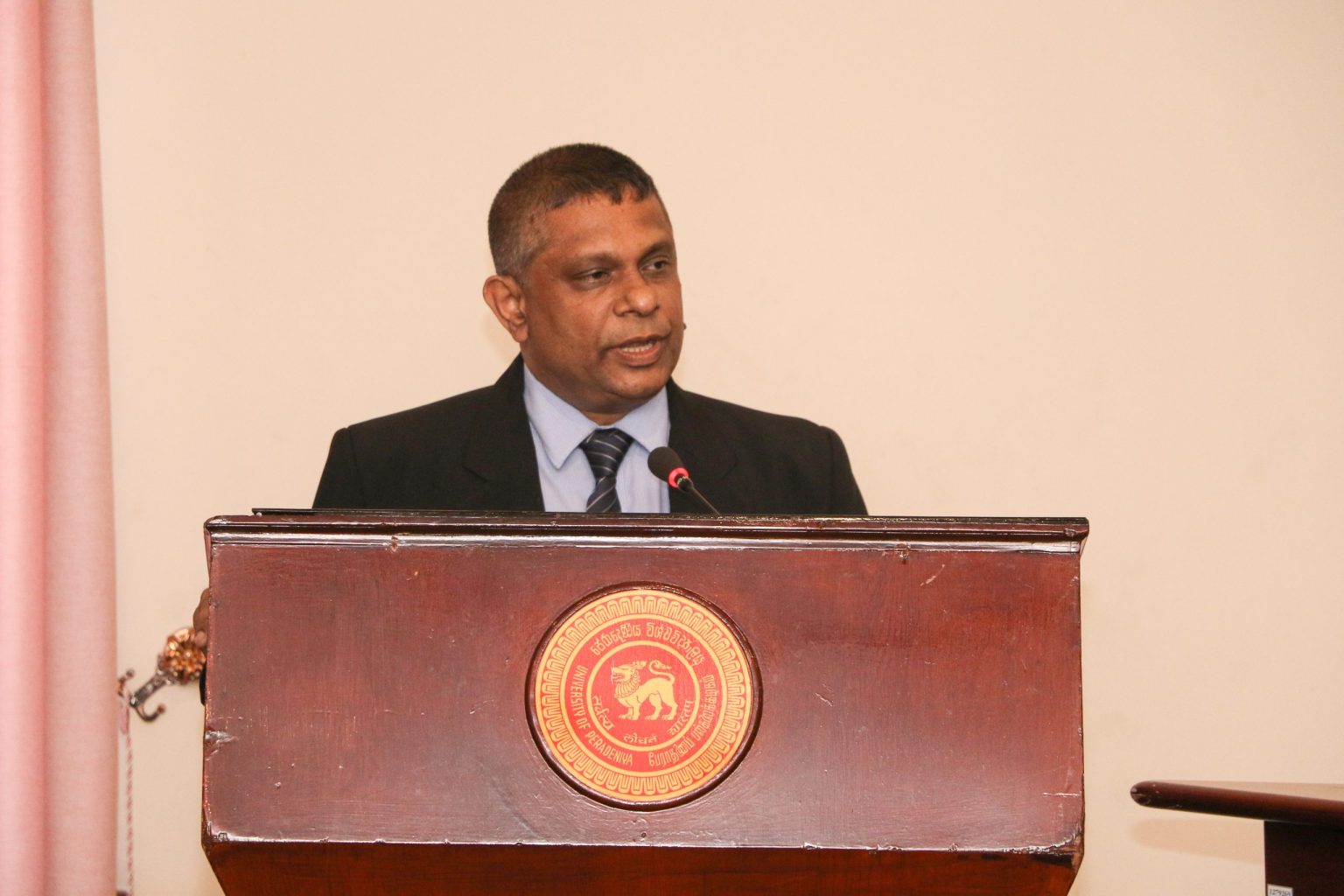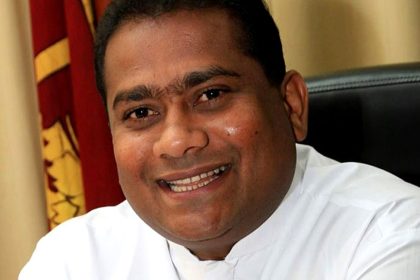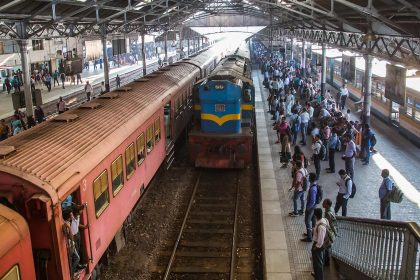According to Professor Wasantha Athukorala of the University of Peradeniya, there is a significant brain drain occurring as a result of Sri Lankan university graduates leaving the nation in quest of better prospects overseas, which is impeding economic growth. Graduates, particularly in the fields of technology and agriculture, frequently go abroad for further education and never come back, creating a severe talent deficit that hinders the growth of the nation. Athukorala further emphasized the fact that many graduates fail to contribute to the local economy, which is a long-term loss, even though their education is paid for by taxpayers.
The professor also discussed the difficulties of the higher education system, pointing out that only 45,000 students are annually admitted to public universities, depriving many highly qualified applicants of admission. Richer families frequently choose private universities because they are more successful than state universities, which struggle with inefficiencies and red tape. In order to help modernize the educational system and offer more chances, Athukorala argued for liberalizing private colleges and luring international students.
Athukorala also talked about how fewer men are pursuing higher education and how fewer students are enrolled in public universities. Government schools lost 300,000 students between 2018 and 2023, whereas private schools only slightly lost students. He ascribed these shifts to growing living costs, growing transportation costs, and changing parental preferences, with many middle-class families choosing more and more private schooling for their kids because of the superior quality and allocation of resources.













